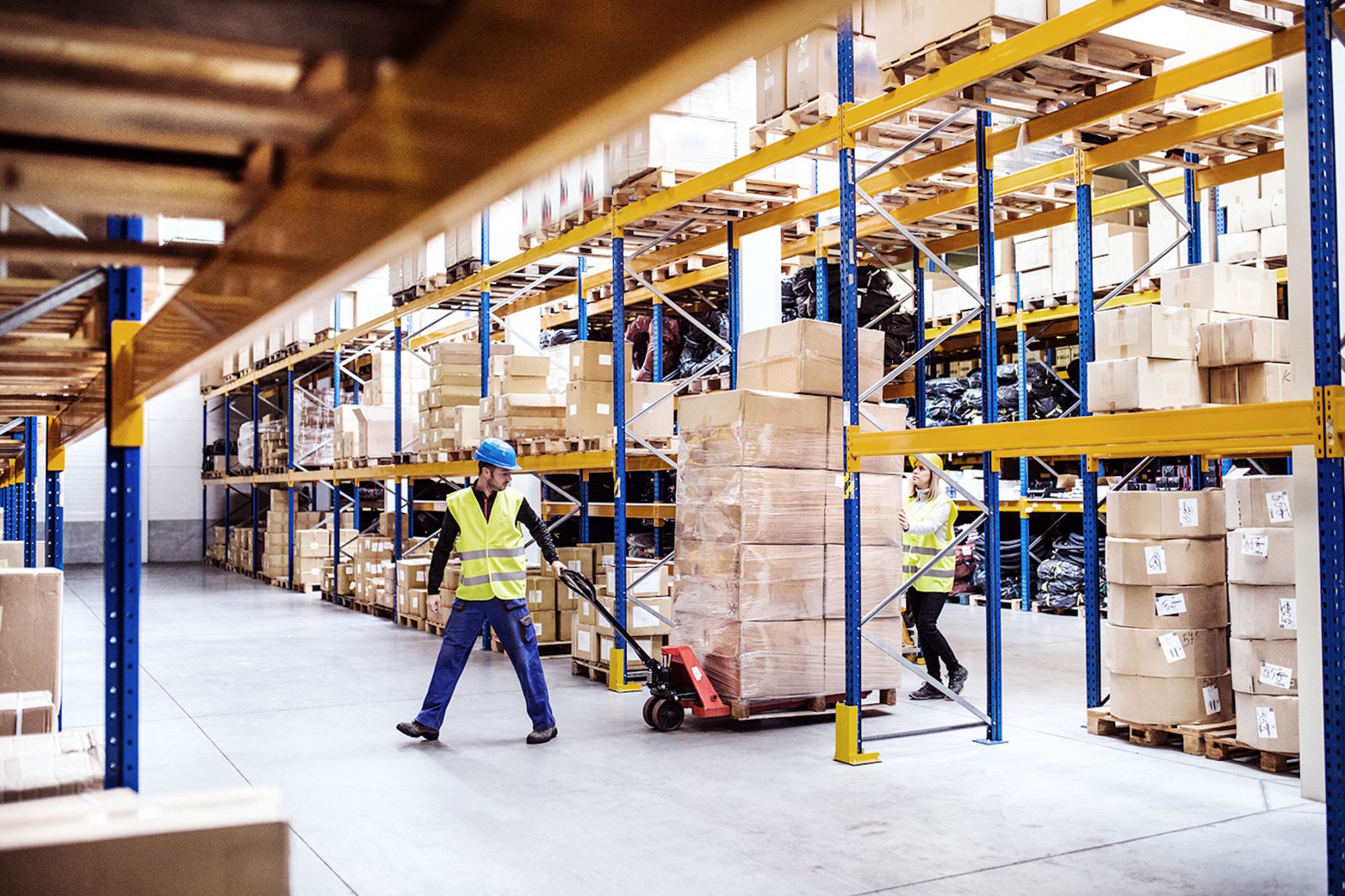4 Tech Trends Shaping the Future of Global Logistics This is how Blockchain technology and the Internet of Things (IoT) will provide end to end visibility of the cargo
Opinions expressed by Entrepreneur contributors are their own.
You're reading Entrepreneur India, an international franchise of Entrepreneur Media.

The global logistics market is expected to reach $ 1,374 billion by the year 2023. This age-old industry has heavily relied on human intervention for managing inventories, coordinating transport, handling materials and smooth functioning of warehouses. However, this has involved extensive coordination between multiple stakeholders that leads to a gap in communication and delivery. With the rapid advancement in technology such as AI, biometrics, automation and GPS, the global logistics industry has seen a smooth and streamlined way of operating. Here are some of the technological trends that will revolutionize the logistics industry in the upcoming years.
Electric Vehicles
The electric vehicle market is expected to be valued at $570b by the year 2025. A 2015 Neilson study has found that 66per cent of respondents are more likely to pay a greater amount for a product or a service if the company behind it is committed to taking care of the environment. EVs are energy-efficient, cost-effective and have lower maintenance costs as compared to internal combustion engines.
There are three main ways in which EVs will enter the logistics industry: traditional manufacturers will either produce these EVs themselves, will invest in batteries for EVs or will invest in start-ups that produce such EVs. The government has allocated INR 10,000 crore for the faster adoption of these vehicles, however, it also needs to provide charging stations across the country to promote long-distance shipments. One thing is certain, EVs are here to change the world of logistics.
Digitalisation
A McKinsey report states that the digital sectors in India could contribute $355 billion- $435 billion of the GDP in 2025. The digitalization of logistics will help customers track their shipments in real-time, reduce inefficiencies and streamline operations. Switching from the age-old method of tracking orders on paper to the digital platform will leave lesser room for error. Mobile application based shipment, for example, has made booking convenient and has reduced human intervention. In the future, Robotics Process Automation can be used to introduce complete automation in logistics.
The current workforce that is entering the market is tech-savvy and will help with the widespread growth of digitization in logistics. Additionally, the digitally accumulated data will help drive faster action related to customer demands, optimum routes, fuel consumption and turnaround times. The government has introduced policies like the One Nation- One Transport card which will digitise payments at highway tolls, hence, making the transportation of goods a faster process.
Blockchain Technology and Internet of Things
The modern-day customer wants the supply chain process to be transparent as he wants to track the cargo in real-time. Blockchain technology and the Internet of Things (IoT) will provide end to end visibility of the cargo. It will introduce more accountability and transparency in the supply chain process. Blockchain will help improve security, reduce fraud, facilitate seamless transactions, enhance accuracy and will allow for an accurate recording of data.
IoT will enable a connected environment which will have an end to end visibility, optimum warehouse management and effective management of the fleet through digitally connected devices. These devices will help track routes, maintain schedules, monitor vehicle usage and cut down on vehicular downtime. IoT systems, through visual and acoustic sensors on the fuel and GPS, will help transform trucks into smart trucks. IoT can also be used for predicting the time of delivery of each shipment and for preventive maintenance that will help avoid breakdowns.
Computer Vision Enabled Classification Technique
Computer vision is an advanced algorithm through which the computer is given the power to see the real world on the basis of the data has been fed into it. This allows the computer to make decisions just like humans would. In logistics, if the cargo undergoes damage during transit, the customer has to accept it if it is under permissible limits. However, if it is not under permissible limits, the cargo needs to undergo a predefined process. This involves a lot of decision gaps as approval is required on multiple levels.
Computer vision can be used to deal with cargo damage classification in a more efficient manner. Labelled data can be fed into the computer, on the basis of which it can tell if the damage is within feasible limits or not. This will eliminate the need to take multiple approvals from different parties and will make the delivery process faster.











